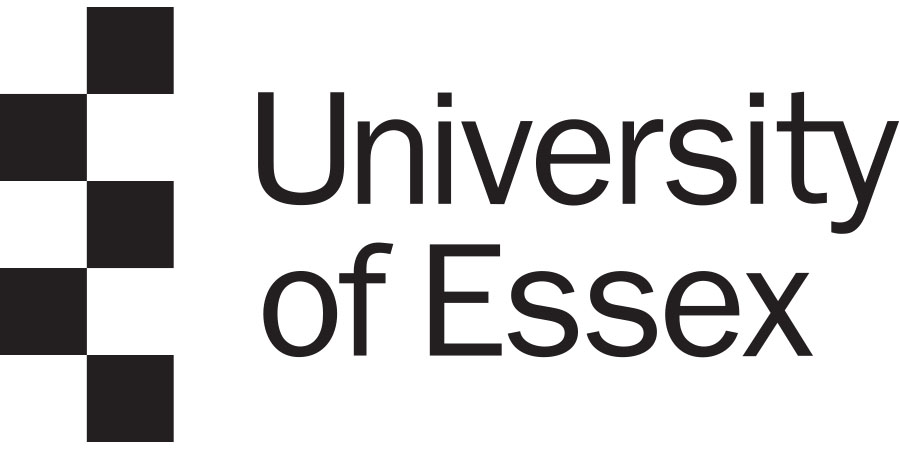PhD Studentship: Exploring the Legal and Social Emergence of Rights of Nature as a Form of Environmental Protection
University of Essex - Law / Sociology
| Qualification Type: | PhD |
|---|---|
| Location: | Colchester |
| Funding for: | UK Students, Self-funded Students |
| Funding amount: | Living costs stipend at the UK Research and Innovation recommended level per year. The stipend for 2024-25 is £19,237. The rate for 2025-26 TBA. |
| Hours: | Full Time |
| Placed On: | 21st November 2024 |
|---|---|
| Closes: | 7th February 2025 |
| Reference: | 11364 Law_Sociology October 2025 |
Project Overview
This is an opportunity to conduct fully funded interdisciplinary research under the ‘Sustainable Transitions – Leverhulme Doctoral Training Programme’ at the University of Essex.
This project will examine Rights of Nature (RoN), drawing from both legal and sociological perspectives. The RoN movement has gained traction in recent years as a novel approach to environmental protection and the rethinking of nature-human relationships. Originating in the rights movements of communities in America and Indigenous Peoples in South America, rights of nature laws were then adopted around the globe. The initiative behind granting rights or personhood to nature is, clearly, an attempt to safeguard ecological systems. More fundamentally, it represents a deeper philosophical shift that redefines nature as a legal subject, rather than merely an object or resource for human exploitation.
By recognizing nature as a rights-holder, the aim of RoN initiatives is to establish a more sustainable and respectful relationship between humans and nature. In addition to legal protection, these initiatives seek to promote a cultural and ethical shift whereby nature is seen as a living entity with intrinsic value. Such a cultural shift requires sociological exploration of how different stakeholders, institutions and communities have understood, realised or contested RoN in practice.
The proposal should seek to analyse aspects of the legal developments relating to RoN within their sociological and cultural contexts.
Interdisciplinary Focus and Methods
The project will use legal methodologies suitable for the aims of the research, as appropriate (e.g. doctrinal, normative, comparative), to examine the characteristics, challenges and opportunities of the RoN movement; as well as qualitative sociological methodologies to, for example, unravel the dynamics around people, power, justice and institutions involved in relation to the RoN movement.
Training Support
You will be supported through the Sustainable Transitions training programme which provides initial training in interdisciplinary research methods, training in the secondary discipline within the project area and ongoing training throughout the duration of the programme. All doctoral scholars benefit from the support of Proficio which entitles you to £2,500 that can be used to purchase training courses either within or external to the University. Additionally Sustainable Transitions scholars are entitled to £10,000 that can be used to cover research costs and further training. Scholars are encouraged to audit masters and degree level course where appropriate. You will also have the support of the Sustainable Transitions management team, as well as your own supervisory team. All Sustainable Transitions scholars will become part of the University of Essex ‘Centre for Environment and Society’ through which ongoing events and networking opportunities are available.
Person Specification
This opportunity would suit a candidate with a degree/ background in law, with knowledge of international law and human rights. The successful candidate should also have an interest in understanding the cultural and sociological aspects of RoN. It is not necessary for the candidate to have prior training in sociology or qualitative methods as this will be provided in the programme.
Research Proposal
The project area is broadly defined, leaving scope for the applicant to develop their own specific research proposal as part of the application. The successful candidate will further develop their proposal in close consultation with the supervisory team. Further details and guidance are available via the above ‘Apply’ button.
Advert information
Type / Role:
Subject Area(s):
Location(s):









